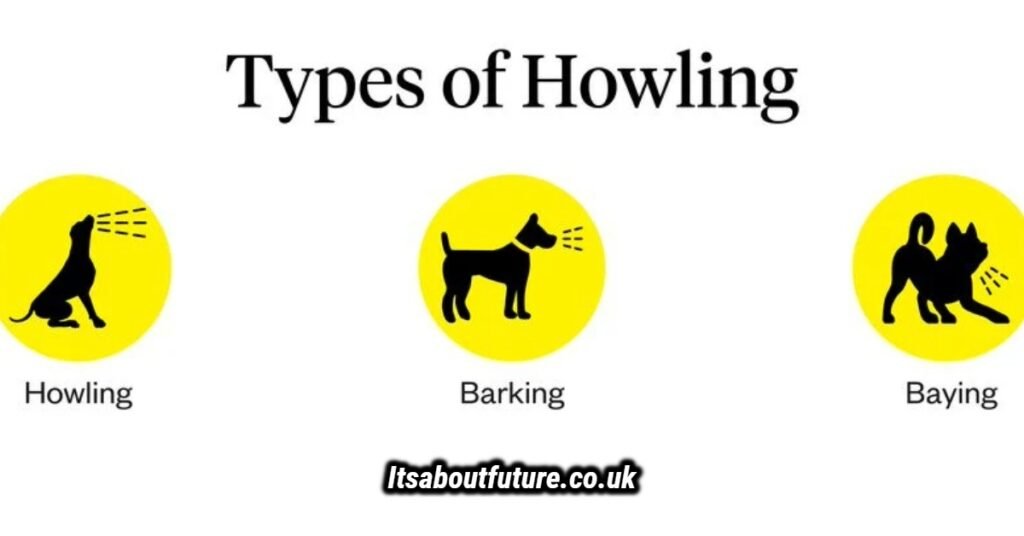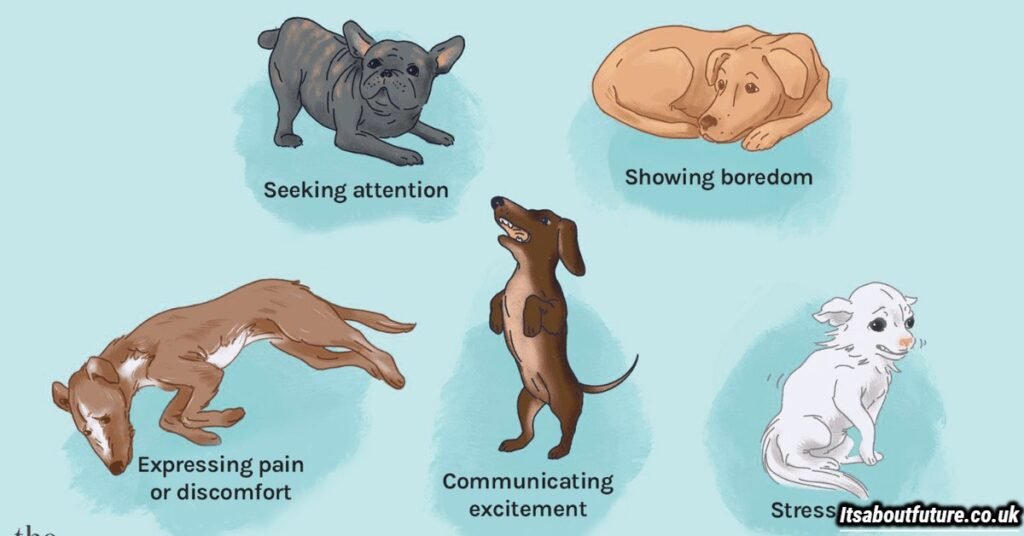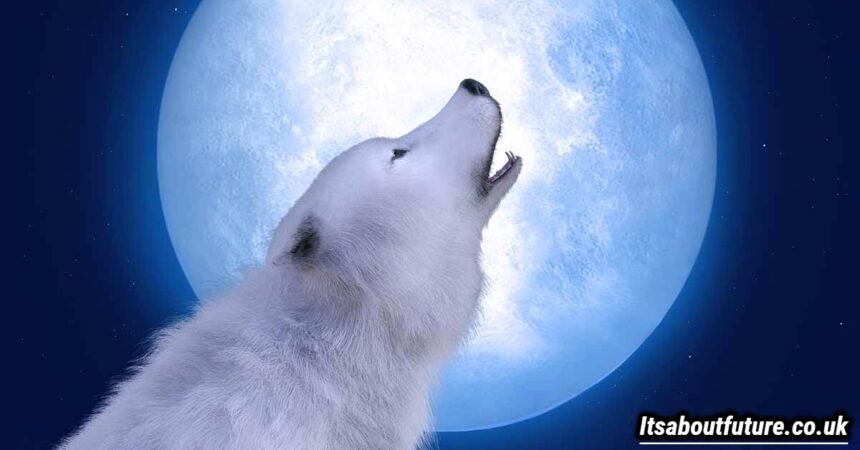Introduction to Dog Howling
Have you ever been jolted awake at night by the soulful sound of your dog howling? It’s a haunting yet captivating melody that stirs curiosity. Why do dogs howl at night, and what does this behavior signify? For many pet owners, nighttime howling can be perplexing and even concerning. Is it just a quirky habit or something more profound linked to their instincts? Let’s embark on an exploration into the world of canine howling, uncovering its origins and meanings while shedding light on why your furry friend might serenade the moonlit sky.
The Evolutionary Purpose of Howling in Dogs
Howling is a behavior deeply rooted in the evolutionary past of dogs. It connects them to their ancestors, the wolves, who used howls as a form of long-distance communication. This vocalization helped pack members stay in touch over great distances, signaling their location or coordinating activities.
In social groups, howling served essential functions. It reinforced bonds within packs and alerted others to potential threats nearby.
Moreover, this instinctual behavior can be triggered by environmental factors like sirens or other animals’ calls that stimulate their ancestral memory.
Today’s domesticated dogs carry these instincts with them. Their howls echo ancient practices meant for survival and connection in the wild. Even though they live among humans now, those primal urges still run strong beneath the surface.
The Different Types of Howling and What They Mean

Dogs communicate in various ways, and howling is one of the most intriguing forms. Each howl can carry a different meaning based on its tone and context.
A long, mournful howl might indicate loneliness or a call to their pack. This type often emerges from dogs that feel isolated or are seeking companionship.
Conversely, short bursts of howling can serve as alerts. Your dog may be responding to sirens or other sounds in the environment, essentially saying “I hear that!”
Some breeds are more prone to howling than others due to genetic traits inherited from their ancestors. For example, hounds often use howling as part of their hunting instinct.
Understanding these nuances helps strengthen your connection with your furry friend while offering insight into what they’re trying to express at any given moment.
Reasons Why Dogs Howl at Night

Dogs have their own reasons for howling at night, and understanding these can help ease concerns. One common reason is communication. Dogs are social animals, and they may howl to connect with other dogs in the area.
Another factor could be instinct. Howling is a natural behavior inherited from their ancestors who used it to alert pack members or ward off intruders. This primal urge can still surface during nighttime hours.
Loneliness also plays a significant role. Dogs often feel isolated when left alone at night, leading them to vocalize their feelings through howling.
Additionally, environmental triggers like sirens or distant noises might prompt your dog to join in the chorus of sounds around them. Each howl tells a story—one that reflects both instinctive behaviors and emotional needs that deserve attention.
Separation Anxiety and How it Relates to Nighttime Howling
Separation anxiety can be a significant factor in nighttime howling. When dogs feel isolated or abandoned, they may express their distress through vocalizations.
This behavior often peaks at night when the house is quiet. The absence of family members amplifies their feelings of loneliness and fear.
Dogs are social animals by nature, craving companionship and connection. If left alone for extended periods, they might howl to seek attention or comfort.
Nighttime can amplify these emotions as darkness sets in and familiar sounds fade away. It’s important to recognize this need for reassurance.
Addressing separation anxiety involves creating a comforting environment. Gradually acclimating your dog to being alone during the day can help ease nighttime fears too.
Tips for Reducing Nighttime Howling in Dogs
To help reduce nighttime howling, start by establishing a consistent bedtime routine. Dogs thrive on structure and knowing what to expect can ease their anxiety.
Ensure your dog gets plenty of physical exercise during the day. A tired pup is more likely to sleep soundly through the night.
Create a comfortable sleeping environment. Provide a cozy bed in a quiet area, away from disturbances that might trigger howling.
Consider using white noise or calming music to drown out external noises. This can be soothing for your furry friend as they drift off to sleep.
If separation anxiety is an issue, try leaving an article of clothing with them for comfort. Your scent may provide reassurance when you’re not nearby.
Consult with your veterinarian if howling persists. They can offer tailored advice or check for underlying health issues affecting your dog’s behavior.
You Might Also Like:
Conclusion: Understanding and Embracing Your Dog’s Natural Instincts
Understanding why dogs howl at night is essential for any dog owner. Howling is a natural behavior, deeply rooted in their evolutionary history. It can serve various purposes, from communication to expressing emotions.
Recognizing the different types of howls your dog produces can shed light on what they are trying to convey. Whether it’s a response to distant sounds or an expression of loneliness, each howl has its meaning.
Nighttime howling often stems from reasons such as anxiety or boredom. Dogs might feel isolated when left alone, prompting them to vocalize their feelings through howling. This instinctive reaction ties back to their pack mentality; they seek connection and reassurance.
If your furry friend frequently howls during the night, consider implementing strategies that provide comfort and security. Establishing a calming bedtime routine can help ease nighttime anxiety for both you and your pet.
Embracing these natural instincts not only fosters understanding but strengthens the bond between you and your canine companion. By being attentive and responsive to their needs, you create a harmonious environment where both you and your dog can thrive together.
